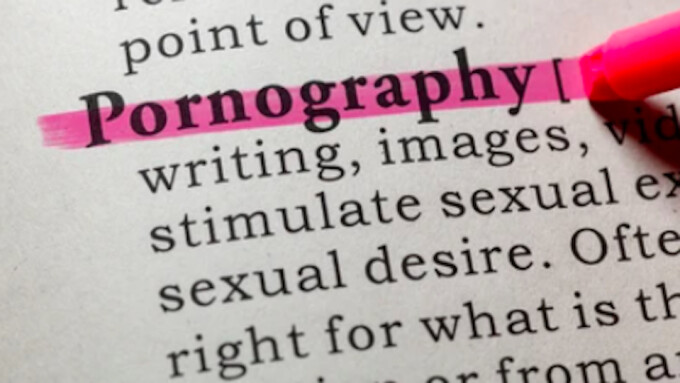AUSTIN, Texas — Several Texas Republican politicians who have been campaigning against supposed “pornography” in classrooms, including Governor Greg Abbott, were asked by the Houston Chronicle to define the term, but most of them either refused to reply or provided erroneous definitions, conflating the term with "obscenity."
“Of the 28 lawmakers we attempted to contact,” wrote the Chronicle’s Ariana Garcia, “only four responded,” including Republican state Rep. Jared Patterson, who authored a March 2 letter sent to school districts across the state.
“Signed by 26 fellow Republican state legislators,” the article continued, “Patterson's missive suggested a pledge to not buy books from vendors that supply ‘pornography’ and specifically pointed to the graphic novel ‘Gender Queer: A Memoir’ by author Maia Kobabe as an offending example.”
Neither Patterson nor the other three politicians who replied to the newspaper’s inquiry “offered a clear definition of pornography, with some pointing to existing Texas laws on ‘obscenity.’”
Republicans (Mis)Define 'Pornography'
"The work I have been doing in the past several months, which includes the letter recently sent to Texas superintendents, is in regards to prohibiting explicit and obscene materials from being made available to school children through public school libraries,” Patterson told the Chronicle. “The book 'Gender Queer' is a good example of explicit and obscene material, as it graphically illustrates two young boys engaging in oral sex. This book, or anything similar, is absolutely inappropriate and should be removed from public school library shelves immediately."
"The standard is set forth by the Supreme Court and the book 'Gender Queer' clearly meets that definition,” said Rep. Dustin Burrows, incorrectly.
"Texas Penal Code Sec. 43.21. defines obscene materials as 'patently offensive representations or descriptions of ultimate sexual acts, normal or perverted, actual or simulated, including sexual intercourse, sodomy, and sexual bestiality,’” contributed Rep. Matt Shaheen. “Specific examples found in public schools that align with the above definition include graphic images of women being raped by demons and little boys performing sexual acts on each other. Anyone who believes this is acceptable is mentally ill. We will be going after the vendors that sold this trash to Texas children."
“You know it when you see it,” said Rep. Jeff Leach, invoking Supreme Court Justice Potter Stewart’s famous 1964 non-definition of obscenity — but not pornography, which is protected by the First Amendment. “And if you see it and you know it, those images must be swiftly removed from any and all public school classrooms in Texas.”
Seeking to Return to the Victorian Standard
Bryant Paul, a media scholar consulted by the Chronicle, explained that since 1973, the so-called “Miller v. California” standard has been used to differentiate First Amendment-protected pornography from possibly illegal obscenity.
According to Paul, Texas conservatives are attempting to revert to the Victorian-era Hicklin standard, originating in an 1868 British court case “during which a judge offered a broad definition of obscenity by questioning ‘whether the tendency of the matter charged as obscenity is to deprave and corrupt those whose minds are open to such immoral influences.’”
"They're saying that any kind of content that has the potential to harm a child is something that should be taken out of libraries in schools," Paul told the Chronicle.
"What makes this even sadder is they're overtly saying anything that is non-heteronormative is going to be harmful to children," Paul added.






